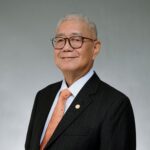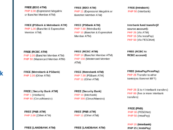Governor Remolona has underscored the necessity of introducing “guardrails” to ensure the safe application of generative AI within banking and the wider financial industry. He raised concerns regarding “herding,” a scenario where AI systems might produce similar responses to varied queries, which could lead to systemic risks.
Generative AI has the capability to create new, realistic outputs, including text, images, and videos, by learning from vast datasets. Despite its potential, Governor Remolona emphasised the continuous need for human oversight when using AI for analysing data and making decisions, highlighting the intricate insights and instincts that humans possess, which AI has yet to fully comprehend.
Moreover, the BSP is advancing its regulatory sandbox, established in 2022, as a platform for banks and fintech companies to experiment with innovative financial products and services using emerging technologies. This initiative aims to foster collaboration between fintech entities and regulators, reducing regulatory uncertainties, especially for innovations that have significant implications for the banking sector.
These endeavours are part of the BSP’s wider strategy to facilitate the integration of digital technology into the Philippine financial system. Through its Digital Payments Transformation Roadmap, the BSP seeks to convert 50% of all retail transactions to digital formats and to ensure 70% of Filipino adults have bank accounts by the end of 2023.
The momentum for digitalisation, significantly boosted during the COVID-19 pandemic, has already led to an increase in digital payments, which accounted for 42.1% of all retail transactions in 2022, up from 30.3% in 2021, and the proportion of banked Filipino adults rising to 65% in 2022 from 56% in 2021.










